'The Garden of Tales': Vijaydan Detha's folk tales translated by Vishes Kothari launched
Vishes Kothari and journalist Poonam Saxena discussed translations and the magic of Rajasthani folklore at the book launch event.on Feb 22, 2023
_(2).jpg)
On the occasion of International Mother Language Day, Vishes Kothari's new translated book, 'The Garden of Tales: The Best of Vijaydan Detha,' was launched at an event at Kunzum in Delhi on February 22, 2022.
As the title suggests, 'The Garden of Tales: The Best of Vijaydan Detha' is a collection of short folktales of men and women from in and around Detha's village Borunda in Rajasthan. These stories were written initially in Rajasthani by Detha and are now translated into English by Vishes Kothari.
Vishes Kothari and journalist Poonam Saxena discussed translations and the magic of Rajasthani folklore at the book launch event.
As he described his encounter with Detha's work and his motivation for translating the book, Kothari said, "These stories are popular folk tales that we all grew up with.". My father introduced me to Detha's work, and initially, I bought books for leisure reading. While teaching at Ashoka University, I discovered Detha's stories in the curriculum. This intrigued me. Publishers were looking for Indian literature, and a very small amount of Detha's work was available in translation. So I was at the right place at the right time..jpg)
On being asked why he picked Detha's writing, Kothari remarked, "In the 1950s and 1960s, when nobody talked about regional languages and everything was mostly in Hindi, Detha said, 'If I have to write, I will write in my own tongue.'" He was interested in hearing tales from the locals and the desert. He is not a writer; he is merely an archivist or a folklorist. Although his plots are not original, he discovered a fresh style of writing in Rajasthani. Detha's decision to focus on the people's tales struck a chord with me, and he started to seem like a grandparent to me.
I've seen that women have agency and articulate wants in Detha's stories, Saxena remarked. Is this typical of all his tales?
Detha's works were never told from a single dominant point of view, according to Kothari, who also appreciated his writing. His tales were told not only from the perspective of an upper caste Brahmin but also from that of oppressed classes, adivasis, etc.
Kothari stated that he doesn't have a specific translation procedure because he is not a trained translator when asked about it. I translate each line in the most accurate English I can. The fact that I was familiar with these stories helped me. Consider Jadao Masi from Detha's stories as an example. For instance, take the character of Jadao masi in Detha’s stories. Our village used to have a similar personality. Hence, I imagine how I would go about making these characters speak in English. This aids with my rhythm development.
Kothari also mentioned that Detha believed the Rajasthani language was not receiving the respect it really deserved. "Rajasthani is not a dialect of Hindi; it is a different language. Its own literary heritage is present. Its status as a language is beyond question. People in Rajasthan led the Hindi language campaign during the independence movement. Institutions from the Marwari community were crucial in the fight for independence. Hindi had to be a unifying language but it did conflate other languages that pre-existed and those regional languages were made into bolis of Hindi," said Kothari.
When Poonam Saxena questioned whether Kothari would translate any other Detha works, the translator responded, "Translation is an extremely exhausting procedure. I translated this book over the course of three years. I believe I'll take a break for a few months before returning. Detha's body of work is enormous and still needs to be translated. Nonetheless, I believe I will first look at other Rajasthani writers before returning to him.
After the book discussion, we had a quick talk with Kothari. We questioned him about his opinion of the current state of regional literature, particularly folklore writing. He responded by saying, “Publishers are very actively bringing regional literature in translations. So regional literature-- Yes. But oral literature is going more into anthropology archives, and university researchers are working more on it rather than the publishers."
"I have noticed that things have altered a lot since the introduction of new media," he continued. Take Instagram, for instance. We're currently jamming out to folk music. Instagram profiles from Rajasthan have incredible followings. Today, there is a sizable market. Slowly, people are beginning to utilise it. Also, OTT outlets are considering it.
'The Garden of Tales: The Best of Vijaydan Detha' is published by HarperPerennial.

.jpg)







.jpg)
.jpeg)
.jpg)

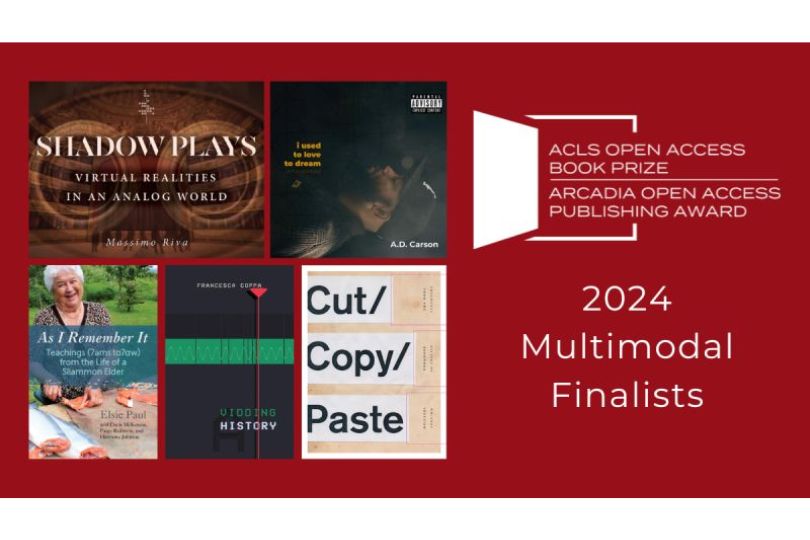
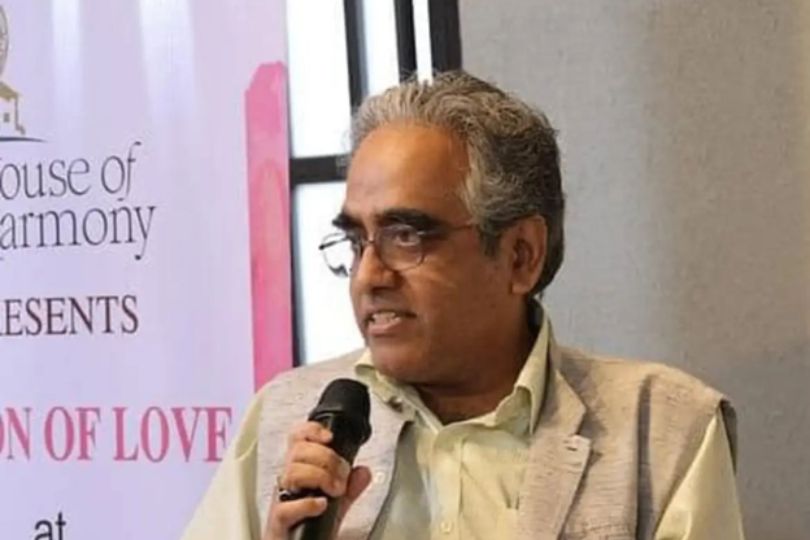



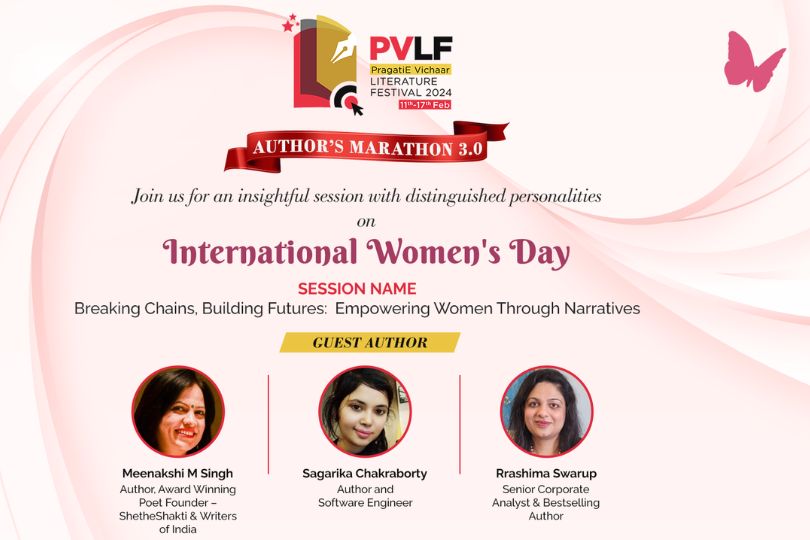
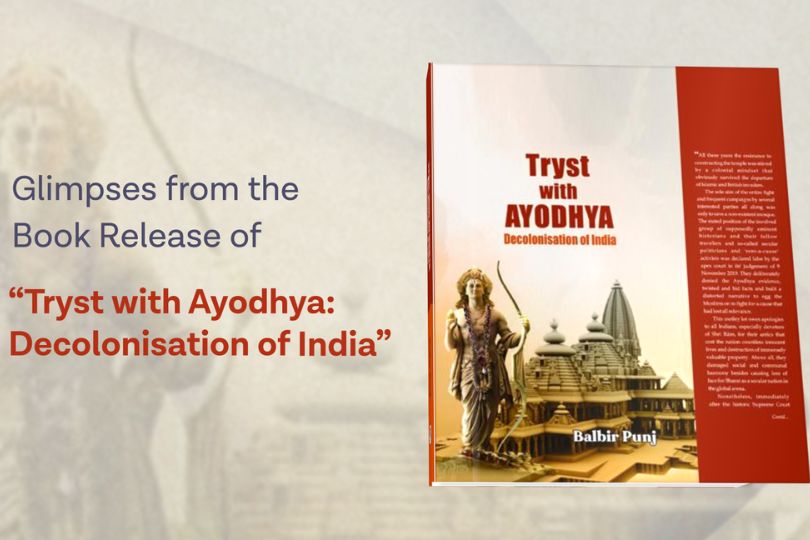
.jpg)
.jpg)



.jpg)
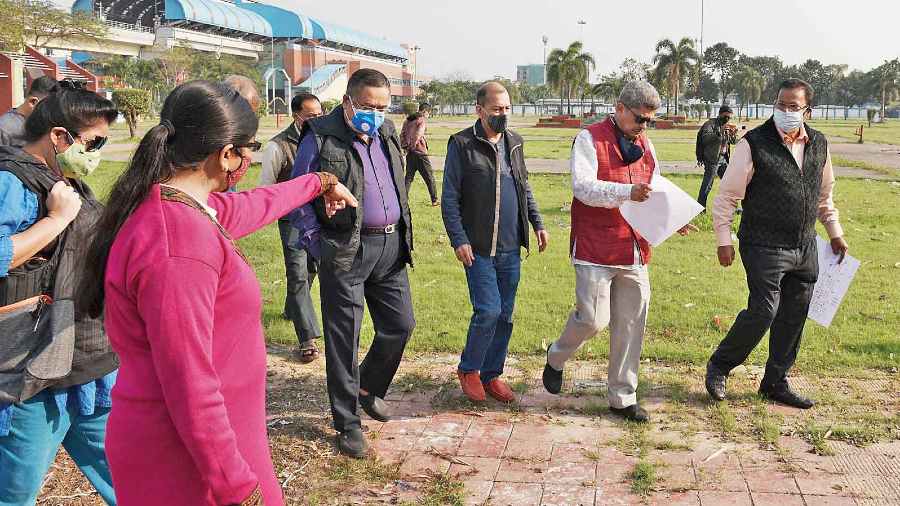
Sorry! No comment found for this post.